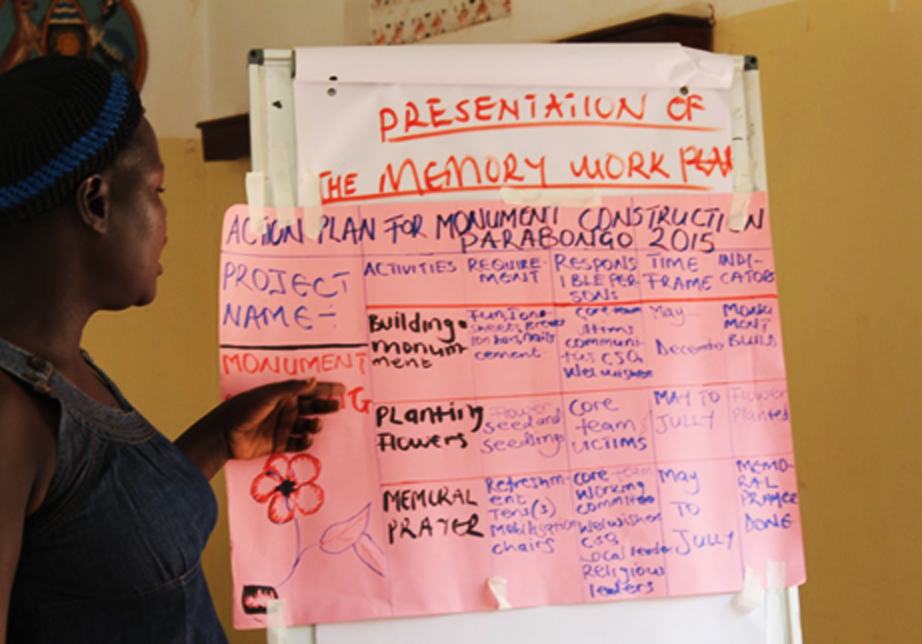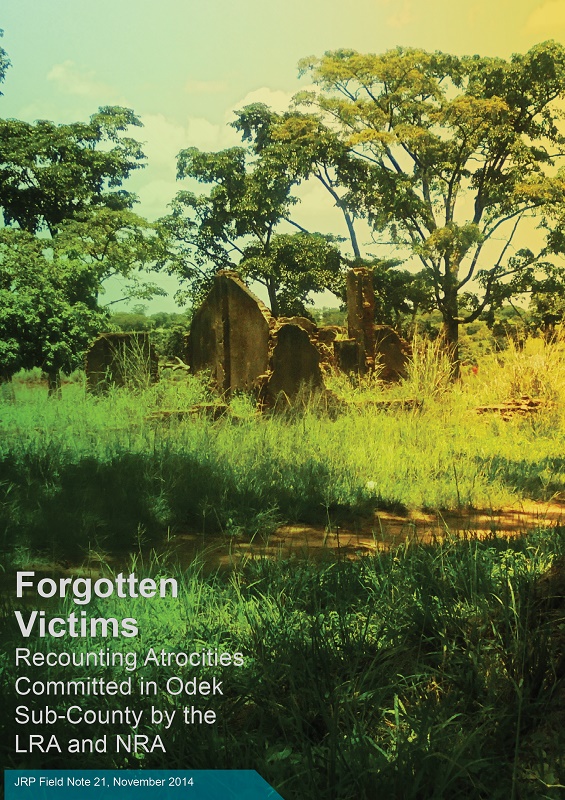
PRESS RELEASE THURSDAY, JULY 28, 2016
GULU – Today Let’s Talk, Uganda will hold its second community dialogue in Odek, a sub-county in Omoro district, combining the innovative use of social media with offline discussion.
The dialogue aims to give space for the community of Odek to engage in a discussion and hear different viewpoints on transitional justice, peace, truth-telling and reconciliation. The opinions expressed in Odek and online will be shared through dedicated social media pages on Facebook and Twitter to facilitate conversation. A special WhatsApp number has also been created to allow people from across Uganda to take part.
This is the second Let’s Talk, Uganda dialogue, following one in the village of Lukodi in Gulu on 2 June. Like in Lukodi, the people of Odek have welcomed the initiative and expressed their commitment to support it.
Odek sub-county chief Ojok Michael said: “We embrace this new approach to disseminating information about what happened and the experiences of communities after war through the emphasis of the youth and the internet. The word is now a global village.”
The chair of Kica Ber, a survivors group in Odek, Lakwo Nyero Partick Sila, also said: “[The dialogue] will help people outside to know of Odek and the LRA war. Awareness will be created and the minds of people will be changed.”
“It will give time to people to express their opinion. People have no platforms and avenues to express their opinions,” he said.
The dialogue in Odek itself will centre around four topics chosen by people from Odek:
- Is there peace in the community?
- How can the voices of the community be heard?
- Can truth telling bring change?
- How can we challenge the negative perceptions of Odek?
To join the conversation at Odek, interested participants are asked to follow the Let’s Talk, Uganda Facebook page at fb.me/letstalkuganda, twitter: @talk_ug or send comments or questions to the WhatsApp number at +256 782 112 002.
About Let’s Talk, Uganda
Let’s talk Uganda is a project run jointly by the Justice and Reconciliation Project (JRP) and RNW Media with the aim of engaging people in northern Uganda and Kampala in a dialogue, with a focus on the youth and issues faced by post-conflict societies. The aim is to promote understanding, reconciliation and the transitional justice process in Uganda.






